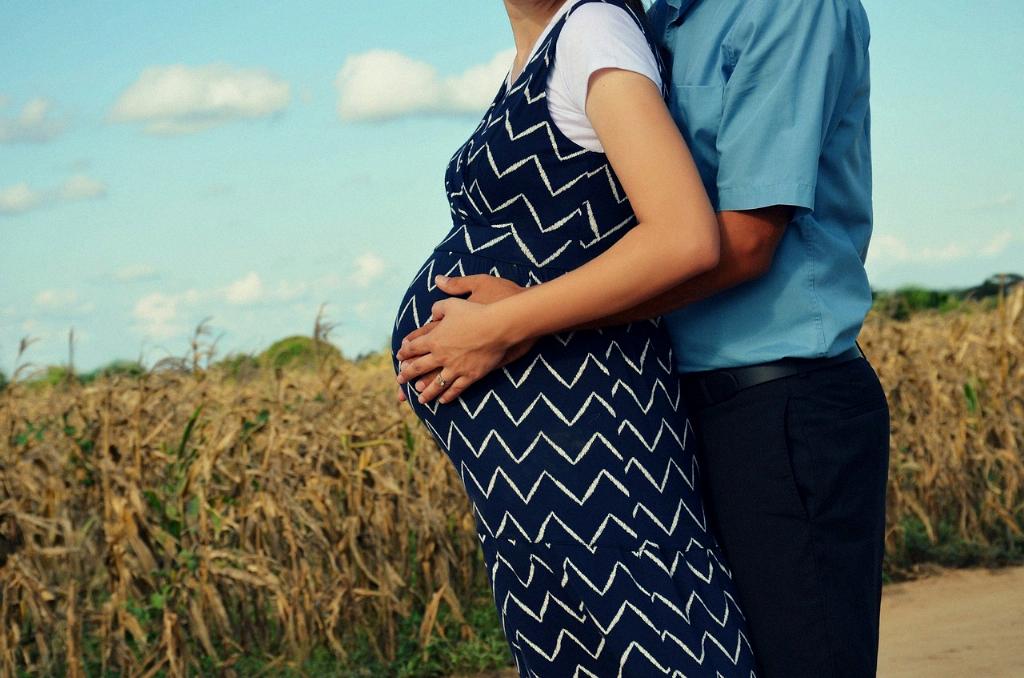Being sick while pregnant can be quite challenging, both physically and emotionally. Your body is already working overtime to nurture your growing baby, and falling ill can make things even more difficult. But what actually happens if you get sick during pregnancy?
It’s important to note that for the most part, getting sick while pregnant does not typically harm the baby. Your body has amazing mechanisms to protect your baby and maintain a healthy pregnancy. However, certain illnesses, such as the flu or infections, can sometimes pose risks to both you and your baby.
When you’re sick during pregnancy, your immune system may be slightly weaker than usual, making you more susceptible to infections. This is why it’s crucial to take care of yourself, get plenty of rest, stay hydrated, and seek medical advice if needed. Remember that taking care of your health is also taking care of your baby.
One common concern for many pregnant women is whether taking medications for their illness will harm the fetus. While most over-the-counter cold medicines are generally safe, it’s essential to consult with your healthcare provider before taking any medication during pregnancy, particularly in the first trimester.
It’s important to differentiate between minor illnesses like the common cold, which usually do not have serious consequences for the baby, and more severe conditions that may require medical attention. Monitoring your symptoms closely and seeking medical advice when necessary is key to ensuring the health and well-being of both you and your baby.
Dealing with sickness during pregnancy can also take a toll on your emotional well-being. It’s natural to feel anxious, stressed, or overwhelmed when you’re unwell and pregnant. Remember that it’s okay to ask for help and support from your loved ones, healthcare provider, or a counselor if you’re struggling emotionally.
Proper self-care is crucial when you’re sick during pregnancy. Make sure to rest as much as possible, eat nutritious foods to support your immune system, and stay hydrated. Additionally, consider using natural remedies like warm teas, honey, and steam inhalation to alleviate symptoms and promote healing.
If you have a chronic condition that requires medication, it’s essential to discuss this with your healthcare provider before becoming pregnant or as soon as you find out you’re expecting. Your provider can help you navigate the best course of action to manage your condition while ensuring the safety of your baby.
While most illnesses during pregnancy are mild and self-limiting, it’s always best to err on the side of caution and seek medical advice if you’re concerned about your health or the well-being of your baby. Your healthcare provider can provide guidance tailored to your specific situation and offer recommendations for managing your symptoms.
Remember that self-care is not selfish, especially when you’re pregnant. Taking care of yourself is essential for the health and development of your baby. Don’t hesitate to reach out for help, whether it’s from your healthcare provider, support groups, or loved ones, if you’re feeling overwhelmed or struggling to cope with being sick during pregnancy.
In conclusion, getting sick during pregnancy is not usually detrimental to the baby, but it’s essential to prioritize your health and well-being when dealing with illness. By staying informed, seeking medical advice when needed, and practicing self-care, you can navigate sickness during pregnancy with confidence and ensure the best possible outcome for both you and your baby.

